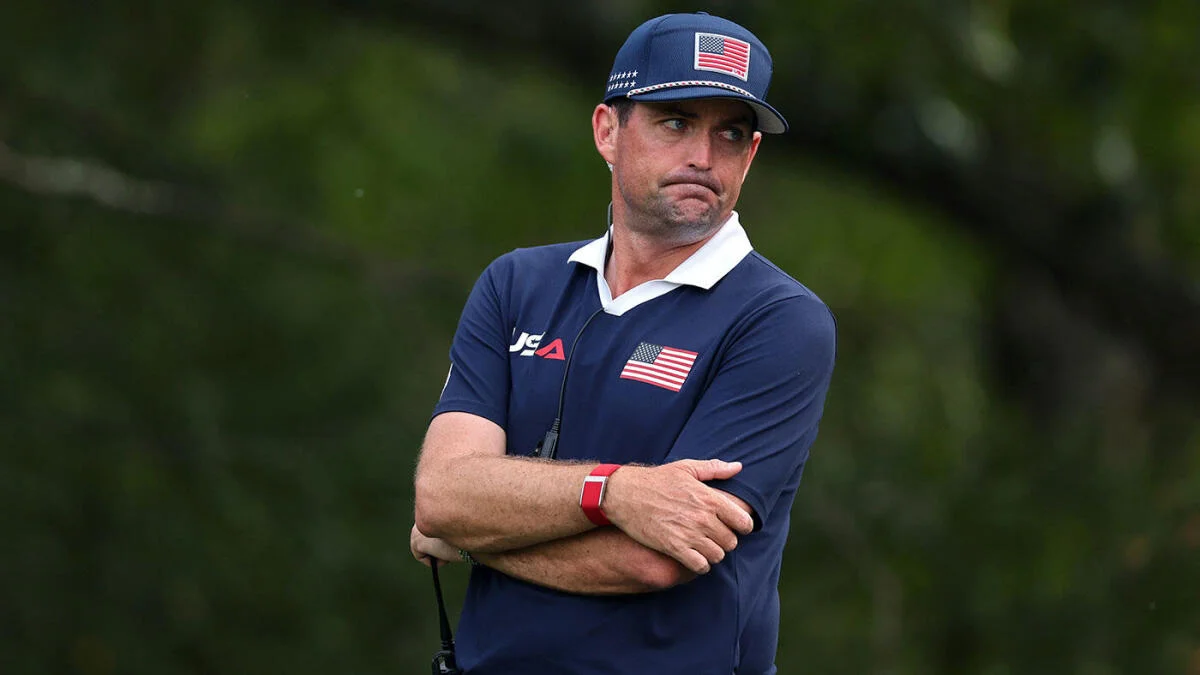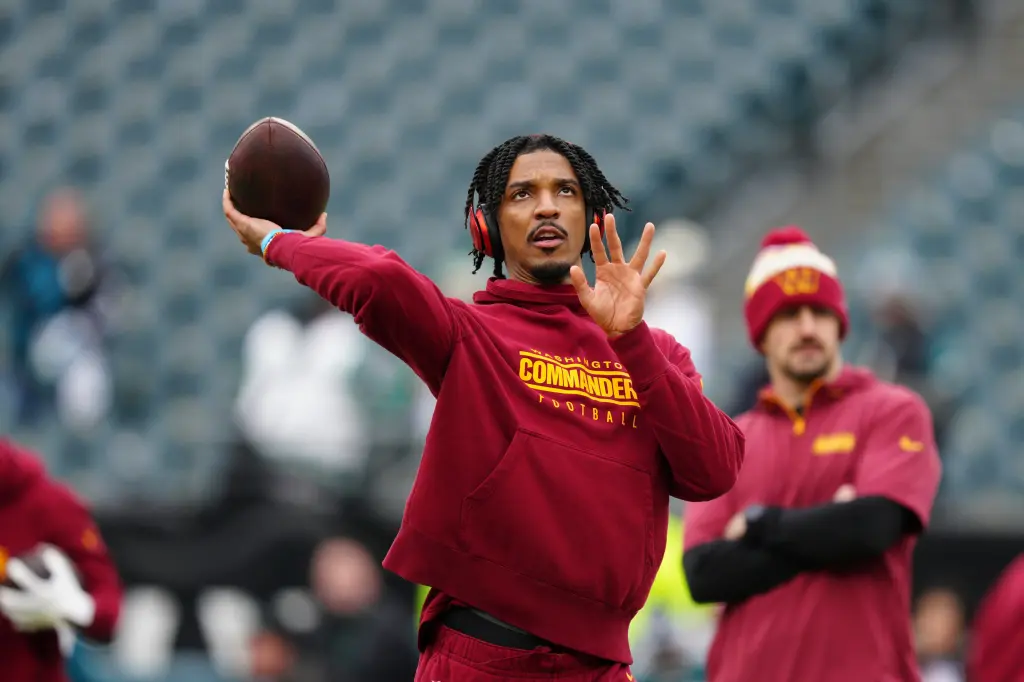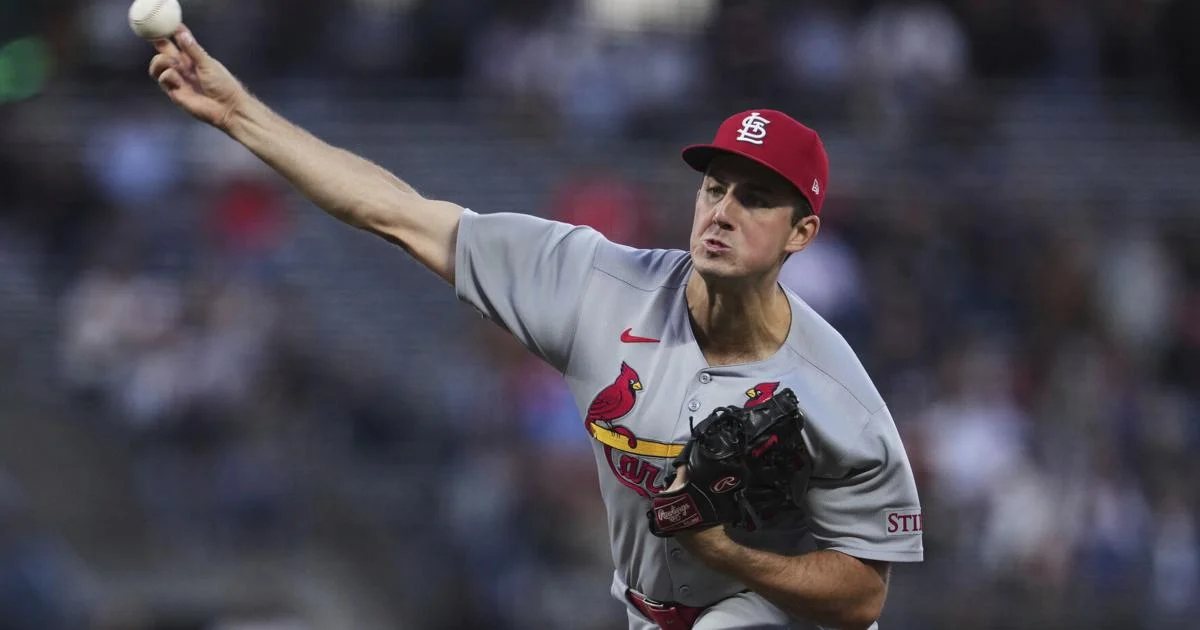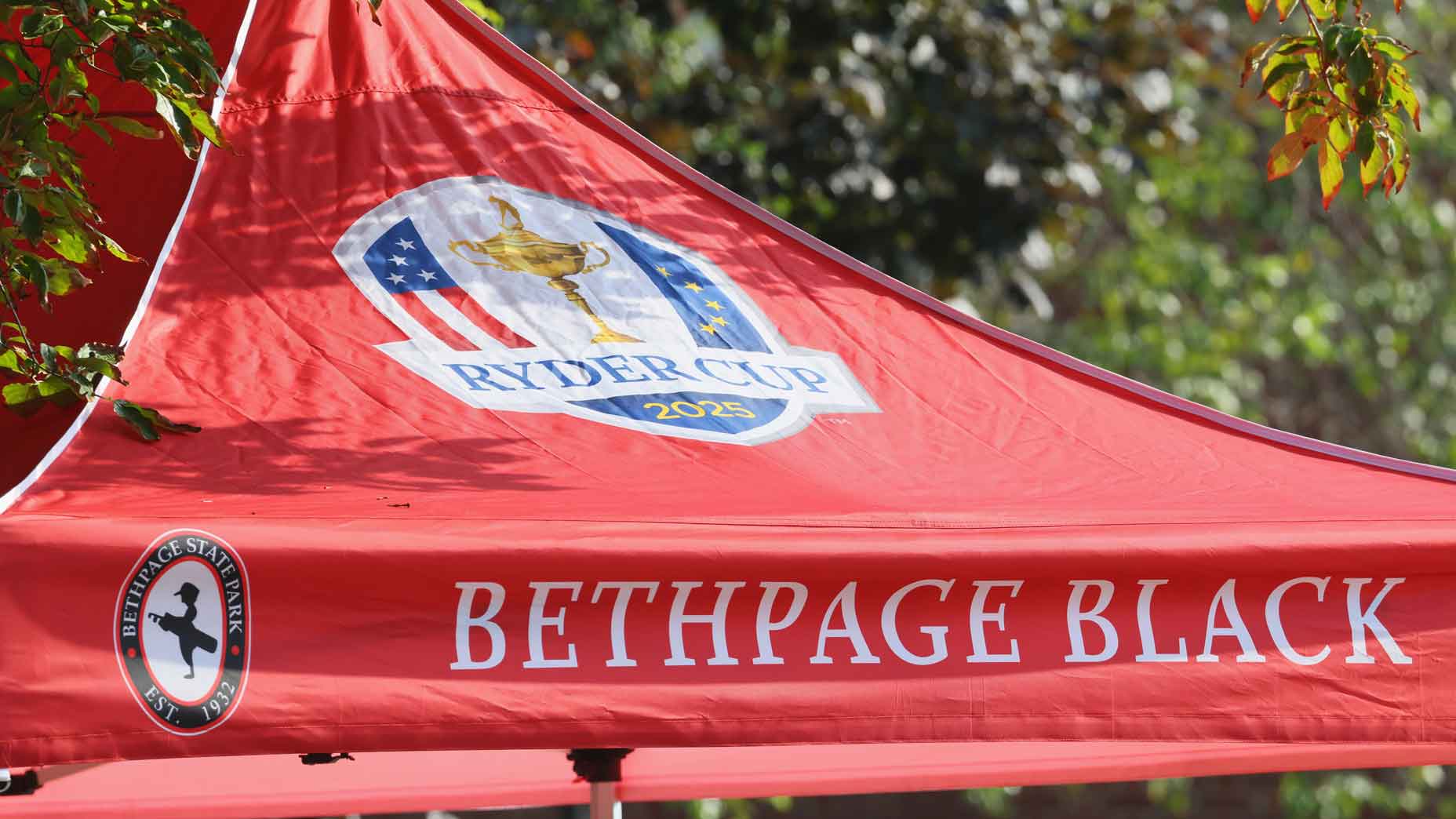
FARMINGDALE, N.Y. — There is an old Yiddish folklore in which a man lives in a tiny hut with his mother, wife and their numerous children. The quarters are tight, the meals are sparse, the nights are long during the winter months, and the arguments are plentiful, the married couple’s quarrels all that are consistent in their relationship.
The man cannot handle it anymore, so he seeks the advice of a Rabbi, who tells him to take an account of his animals and slowly but surely bring them all inside the hut to live with his family. Already a crowded space, he agrees. One by one, he brings them under his roof — first some chickens, then a rooster, a goose, a stubborn goat, and eventually, a cow comes along as well.
Chaos ensues. The man learns fast that he can not live like this, and neither can his family. Their meals have feathers in them, their hut is overrun by a goat knock everything over, and the cow simply refuses to move. So, the man returns to the Rabbi and asks for advice again; the Rabbi tells the man to remove all the animals.
Peace soon follows. The family is able to sleep again. The hut is suddenly clean, the meals more flavorful. The man is thankful as the Rabbi has improved his life … despite nothing changing from his first visit.
The name of this tale?
“It Could Always Be Worse.”
For Keegan Bradley at this Ryder Cup at this golf course with this amount of build up to this event — given his ties to the area and the event — it might not get any worse than this. The animals are inside the hut, and they are there to stay.
The United States Ryder Cup captain has been dreaming of winning this event for nearly 30 years … in any capacity — player, captain, water boy — it did not matter.
Two days, four sessions and 16 matches into the 2025 Ryder Cup, this international competition is no longer a lifelong dream for the skipper but a certified nightmare he cannot escape.
“I’ve never forgotten what it felt like to run on to that green at Brookline, watching a team come together in a way that changed my life,” Bradley said during the opening ceremony to this 45th Ryder Cup. “The moment lit a fire in me, and this week, that same Ryder Cup fire will fuel our team. It will drive us through every match, every moment and every challenge.
“It’s the fire that lives in every boy or girl with an impossible dream, and it’s the fire that makes the Ryder Cup unlike anything else in sports.”
Europe takes record 11.5 to 4.5 lead into Sunday singles at Bethpage Black. Bradley’s team is the first to ever get swept in all four sessions while hosting the Ryder Cup, and it’s only the second squad ever to do so no matter the location of the soil.
History is in sight, just not the type Bradley was envisioning. Europe has the potential to reach 20 points by competition’s end and return the favor to the U.S. team, which won in a record 19 to 9 drubbing at Whistling Straits four years ago.
Bradley will wear the bulk of the weight from this rout on his shoulders, but make no mistake, the blood is not all on his hands. Remember: He is not the one hitting the shots.
But sure, there are some decisions that appear head-scratching in hindsight.
The set up has been questionable as Bethpage Black — a golf course labeled for highly skilled golfers and a major championship venue visited most recently in 2019 — has shed those monikers. Bradley remarked Saturday evening that the greens have been much softer than preferred due to early week rains. Putting has been child’s play for the Europeans, while the Americans have struggled both from distance and even, occasionally, short range.
A few pairings — namely the duo of Collin Morikawa and Harris English — have been criticized, but Bradley’s boys ran into a buzzsaw that could go down as one of the greatest European Ryder Cup teams.
It has certainly been sharp enough to bring the world No. 1 to his knees (again). Scottie Scheffler has tallied a winless 0-4-0 record across the first two days, becoming the first golfer do that in the modern Ryder Cup and the first world No. 1 to do that in any playing of the event.
Five of Bradley’s players have yet to tally a point, and half of his roster has yet to win a match.
For Bradley, the angst will continue to stack, no matter his position. You can feel it reverberating off him as he paces around Bethpage from group to group. His intense, steely eyed look has never faded … the nerves, too. A jittery energy has always been a part of his persona, and this week, it has been one that reeks of someone wanting something so bad it’s being detrimental to his performance.
The negative memories and cringeworthy moments are beginning to far outweigh what good — there might not be much of it inside the ropes — has come. From being a member of the infamous U.S. team that kicked away a 10 to 6 Sunday singles lead at Medinah in 2012 — the last time the road team won a Ryder Cup — to being the man who yielded the winning point to the Europeans two years later at Gleneagles, Bradley’s playing days brought friendships and camaraderie inside the locker room but a locked up suitcase outside of it.
It was not until 2025 — more than a decade later at age 39 — that Bradley could eye redemption and a chance to play in the event he’s put on a pedestal above all others.
The opportunity could (and perhaps should) have arrived two years ago, but ultimately, it did not. Netflix’s “Full Swing” caught the heartbreaking moment on camera as Bradley was overlooked for the team in favor of players believed to be a better team-chemistry fit. The emotion provoked by the episode proved, more or less, to be the catalyst for Bradley’s captaincy in the PGA of America’s eyes.
Without a prior phone call gauging interest nor a formal interview for the position, Bradley stepped into the role because … well … why the hell would he not? This is what he has wanted more than anything in the world: to be part of the U.S. Ryder Cup team. He was handed an opportunity to lead from the front and jumped at it.
By doing so, his candidacy to play in this Ryder Cup took a hit. Bradley said he would participate if he qualified as a top-six point scorer but would not necessarily choose himself as a captain’s pick. Despite finishing among the top 12 in the U.S. Ryder Cup standings, Bradley did not call his own number in one of the most unselfish moves professional sports has been in quite a while.
Tactical decisions aside, Bradley has done most everything else right. He brought a new perspective to the U.S. team, made sure the players were more prepared than in years past and selected the best golers he could at the time with his six captain’s selections. As a face of a movement, he was a good one to lead the charge.
And Bradley’s reward for all this — the year-long lead up in which he was peppered with questions at every stop while being tasked with a dual role of world-class player and Ryder Cup captain?
He may never play or captain in a Ryder Cup again.
Not getting any younger in a game that constantly does, Bradley’s best playing days may have occurred the past calendar year. A return to the captaincy would be controversial — at a minimum — given how disastrously this week has unfolded.
What started as a dream captaincy has mirrored his most notable Ryder Cup playing experience: excitement, noise and a real intensity at the onset followed by one heartbreak after another.
Unfortunately, the well-meaning American chieftain is learning, in real time, that some nightmares never end.



